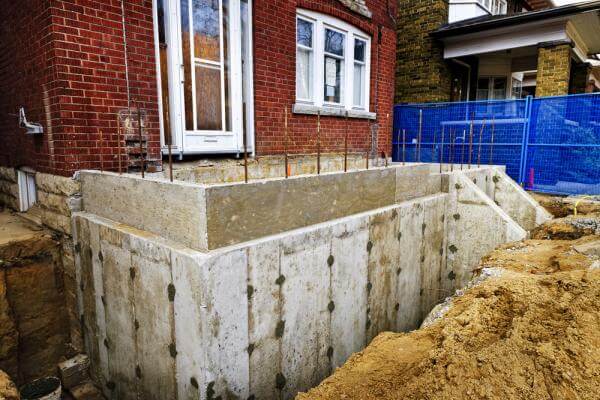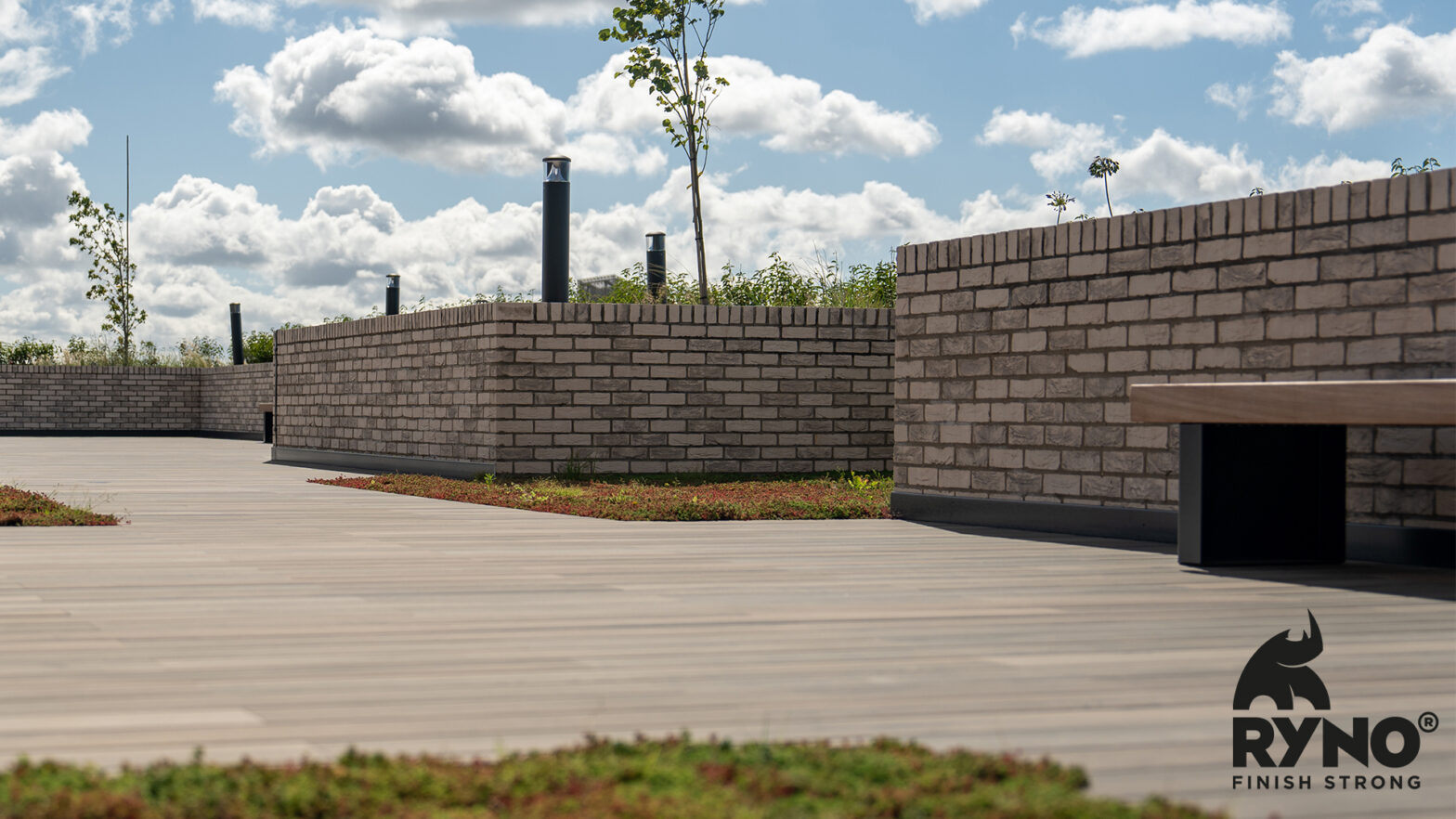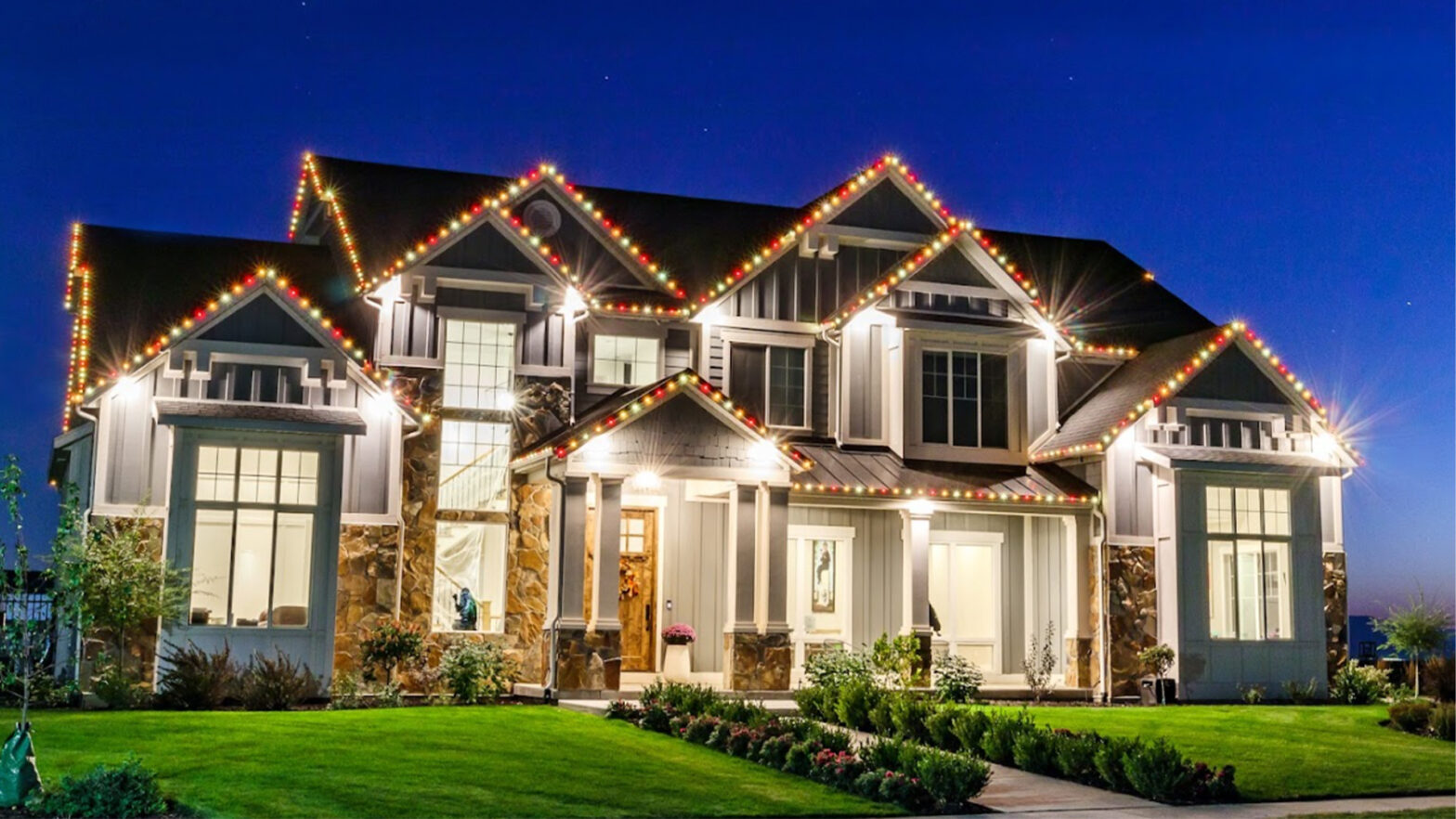RSM is warning property developers and construction businesses to be extra vigilant with architectural plans and planning applications when carrying out construction and conversion work, otherwise they could face a hefty VAT bill.
Housing construction in the UK is currently enjoying a period of growth. Last year 152,440 new homes were constructed, and this figure is set to be dwarfed in 2016 with latest figures showing that already 84,570 houses have been built.
Currently, there are VAT reliefs available to property developers and construction businesses on costs incurred in connection with building a new house or converting a property into houses or a home. But two recent tax tribunal VAT decisions have highlighted the confusion currently faced by property developers and construction businesses on the VAT treatment of building new buildings or converting existing ones.
The first case concerned the demolishing of a property and construction of a new house on the same site by Boxhill Construction Ltd. The bay window from the old house was retained and as this hadn’t been a requirement of planning permission, the Upper Tax Tribunal determined that the existing building hadn’t been entirely demolished as so the new house did not qualify for zero-rated VAT.
The second case involved the sale of two properties following their conversion from a pub and manager accommodation. The Tribunal determined that despite earlier rulings to the contrary, the case did, in fact, qualify for a VAT zero-rated sale. Both cases have highlighted the difficult position businesses face when determining whether VAT can be recovered.
Ian Carpenter, RSM’s head of VAT, said: ‘VAT on property transactions is complex and mistakes can be costly, and so homebuilders need to be ‘on their toes’ to ensure they don’t get caught out by an unexpected VAT bill.
‘These two cases demonstrate how complicated this area is.”

































